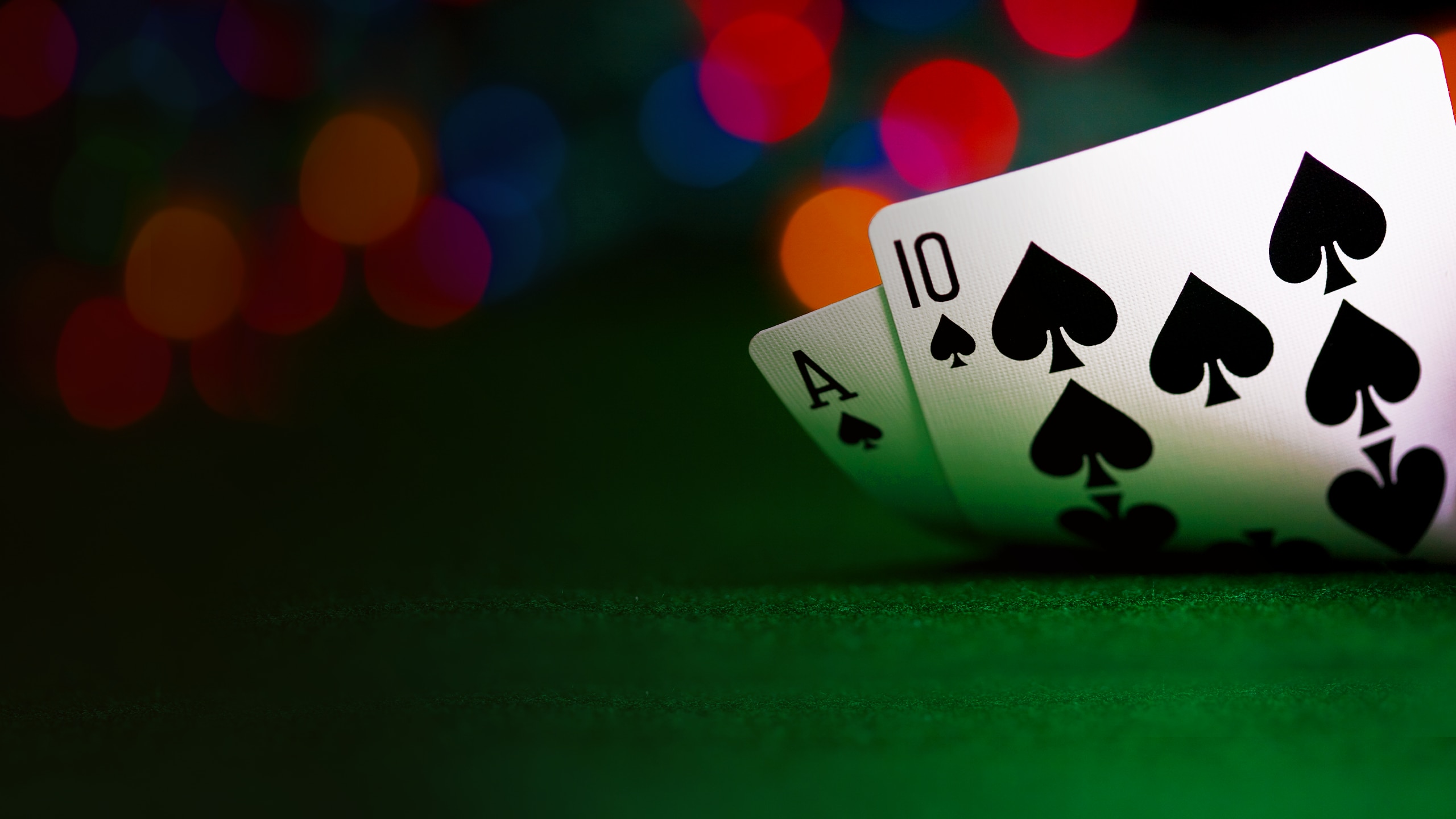
Poker is a game of chance, but it also has a significant amount of skill involved. It is the only gambling game where your skills have a direct impact on your winnings and losings. It’s a highly-competitive game that requires constant learning and practice to become good at.
It has a lot of benefits besides making money, it’s an excellent way to improve your mental health, teaches you how to control your emotions, helps you set aims and achieve them, makes you think critically and teaches you how to celebrate wins and accept losses. There is a common conception that poker destroys an individual, but the truth is it does quite the opposite. It helps you gain control over your emotions and gives you a positive perspective on life.
When you play poker, you’ll experience a lot of different emotions like anxiety, stress and excitement. This is why it’s important to be able to conceal your emotions while playing the game. This is how you can prevent your opponents from reading your expressions or picking up on other signals that may give away your hand. This is what is known as keeping a “poker face”.
Bluffing is an essential part of the game, and it’s the best way to win some hands. It involves betting in a manner that suggests your hand is better than it really is, hoping that your opponent will fold instead of taking on the risk of a showdown. Moreover, bluffing is something that can be improved over time through practice and studying your opponent’s tendencies.
Another crucial aspect of poker is knowing how to read the table. This is the only way to make the correct call in a particular situation. For instance, if you’re holding an A-K and the flop comes up J-J-5, it’s time to fold. If you keep calling, you’ll end up wasting a lot of your chips.
You’ll also need to know what type of hand beats what, so you can decide whether or not to fold when your opponent calls your bet. You can learn these rules by reading a book, watching videos or even talking to other players who are already good at the game.
One of the biggest lessons you’ll learn from poker is how to be more patient. In the beginning, it’s likely that you won’t make any money. But, if you stick with the game and keep practicing, your patience will pay off in the long run. Eventually, you’ll start to see some success and will be able to move up in stakes quicker. You’ll also have smaller swings and be able to get out of bad hands much faster. That is a huge benefit on its own.